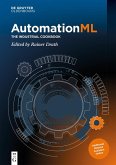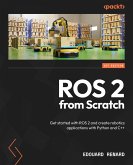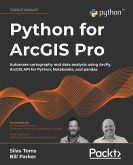"Code Titans: The Global Dominance of Programming Languages" explores the fascinating world of programming languages that shape our digital landscape. This comprehensive guide delves into the evolution, market dominance, and real-world applications of influential languages like Python, JavaScript, and Java. The book argues that the choice of programming language significantly impacts software development efficiency and problem-solving capabilities across industries.
Structured in three parts, "Code Titans" begins with fundamental concepts, then profiles widely-used languages, and concludes by examining future trends in programming. What sets this book apart is its holistic approach, viewing languages as living ecosystems influenced by community dynamics and global technological trends. It balances technical depth with clear explanations, making it accessible to both experienced programmers and curious non-technical readers.
The book offers unique insights from interviews with language creators and industry leaders, while also exploring interdisciplinary connections between programming languages and fields like cognitive science. Readers will gain practical advice on choosing the right language for specific projects and strategies for managing multi-language software ecosystems.
By understanding the strengths and limitations of today's dominant programming languages, readers will be better equipped to navigate the complex world of technology.
Structured in three parts, "Code Titans" begins with fundamental concepts, then profiles widely-used languages, and concludes by examining future trends in programming. What sets this book apart is its holistic approach, viewing languages as living ecosystems influenced by community dynamics and global technological trends. It balances technical depth with clear explanations, making it accessible to both experienced programmers and curious non-technical readers.
The book offers unique insights from interviews with language creators and industry leaders, while also exploring interdisciplinary connections between programming languages and fields like cognitive science. Readers will gain practical advice on choosing the right language for specific projects and strategies for managing multi-language software ecosystems.
By understanding the strengths and limitations of today's dominant programming languages, readers will be better equipped to navigate the complex world of technology.
Dieser Download kann aus rechtlichen Gründen nur mit Rechnungsadresse in A, B, BG, CY, CZ, D, DK, EW, E, FIN, F, GR, H, IRL, I, LT, L, LR, M, NL, PL, P, R, S, SLO, SK ausgeliefert werden.









